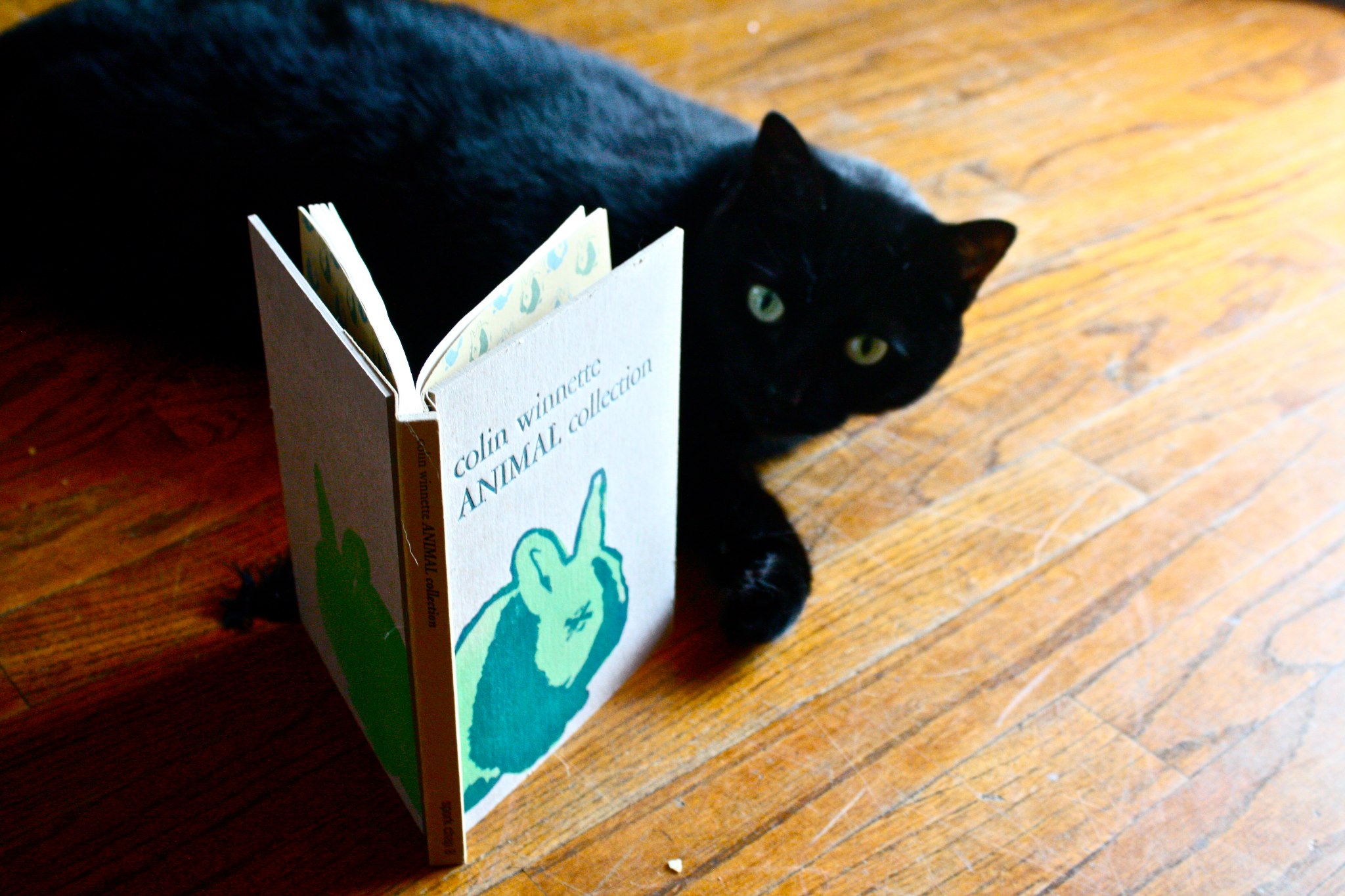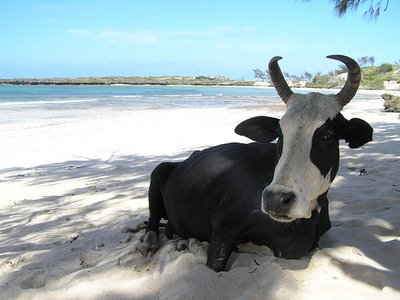Ghost Ghost
You can’t find the strands
of your lover’s hair
if you never said yes or
hum in the relative minor
if you never had a blood
to call your own. Later
is all the used to be
I ever wanted, after
some after I’d call down
if I had had breath.
You can’t haunt, haint,
if you hadn’t had
a have. If you never
had nary a name.
Jake Adam York (1972-2012) (via Noah Falck)
THE FEELING OF DIGITAL RELEASE
DO YOU LOG IN HERE OFTEN BUY LINK
***
[Greeting]
Happy Holidays from Erik Stinson and the Sense Europa Team
[Body]
[attached screenshot] [maybe but some holly on it… make it holiday themed]
This is a post to celebrate the release of my fifth book of self-published office hardcore and the release of the equally narcissistic (but highly necessary) digital version of Sense Europa magazine.
Do You Login Here Often? is a book of poetry addressing _______(_._)________ . Scroll to the bottom of this post to view the trailer for the book, which was directed by the smooth, modern, and enigmatic Adam Humphreys (Shitty Youth, 2012 link) , who worked in collaboration with Oakland based coder and web designer Mitch Trale on the unique and embeddable player. To read more about the book go to (link).
Sense Europa is the only European Men’s magazine published in New York City. The third issue features contributions from McLean Gordon, Dod Hamilton, and the inimitable Slash Lovering. It was put together lovingly by myself, Jackie Jackie Chiquoine, Dan Stuckey and IEJ. You can download it here (link).
A retrospective of previous book trailers for my works is live at Adam’s blog.
We hope you enjoy these pre-holiday treats and look forward to a productive and interesting 2013!
Mirror Poems by Polly Bresnick is a helluva thing
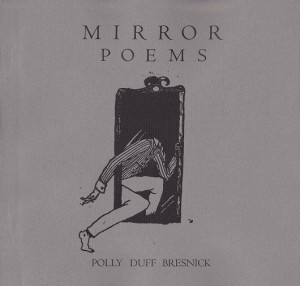
Polly Bresnick’s new book is here, Mirror Poems, from O’Clock Press. The book is beautiful and handmade and hefty (and has drawings from Bianca Stone, who is everywhere these days, good job), and the concept is hefty too and fun, and the poems themselves ain’t too bad, it bears saying.
What the book is is first of all a translation from the Spanish of Patricia Serra Delmar’s Poemario Rouge, and those translations appear on the lefthand page, but then Polly does a feint and provides an antonymic translation on the righthand page. So she’s translated every poem twice, and it’s fun to cross reference her ideas of antonyms. Like, Delmar has a poem called “Red and Green” but Polly changes it to its opposite, “Green or Red,” and then there’s one called “Brazil” that she changes to “Texas.” I laugh audibly sometimes as I scan the pages back and forth. Polly’s figured out a fun way to read.
From the translator’s note: “A “mirror poem” is an act of mimicry distilled into the shape of a shadow on a page. It is a compliment of the original, like a color added to another collor to dazzle the eyes.”
An interview with Colin Winnette regarding his new short story collection concerning animals, “Animal Collection”
ADJ: Hi, Colin.
CW: Hi, Adam.
ADJ: Let’s talk about your new book, Animal Collection.
CW: OK, but I think Adam Robinson has already posted something. Does HG have a policy against there being two posts on the same topic?
ADJ: No, it’s OK so long as both guys are named Adam.
… But let’s you and I make small talk, instead. You moved to San Francisco recently. How’s that been working out?
CW: I went to Target today for bookshelves—
ADJ: They have Targets in San Francisco?
CW: They do! The San Franciscan Targets.
ADJ: Have you heard what James Howard Kunstler said about Target?
CW: No, what?
December 10th, 2012 / 8:01 am
Have you read Andrea Rexilius?
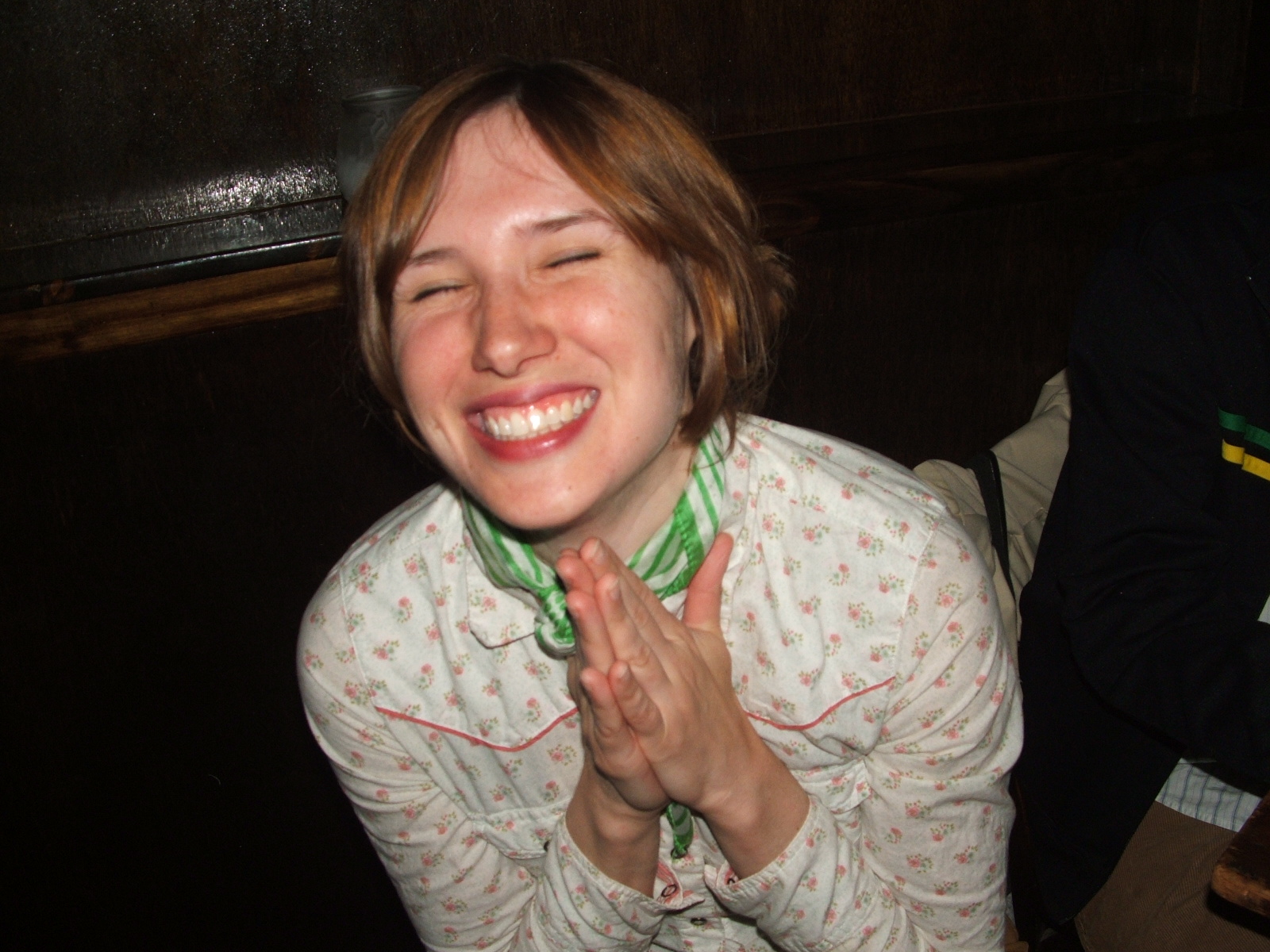
I don’t recall how I came across Andrea Rexilius’s “excerpt from New Organism,” published at this rad looking journal called Timber, but I’m glad I did.
At first glance I saw the word “séance,” which instantly transported me back more than a decade, to a time when I had the privilege of studying séances and mirror gazing and other such wonders with Dr. Raymond Moody (the guy who invented the phrase “near death experience”) at the Consciousness Studies Center at UNLV. But that’s a whole other story. What matters here is that Rexilius got my attention. So I eagerly read her excerpt and was so impressed I felt compelled to look for more of her work.
Here is a passage from that excerpt:
“AND NOW SHE’S ON TWITTER”
Pretty sure @joycecaroloates is the literary personage who most entertains me on twitter (closely followed by @breteastonellis).
Dressing Up Jody
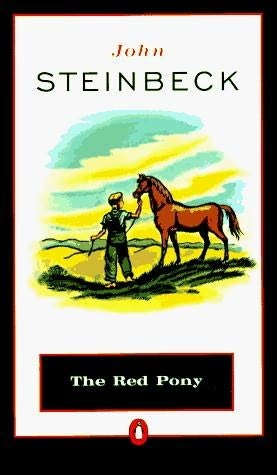 John Steinbeck and I are in a rocky relationship. We’re almost like Ann Woodward and William Woodward Jr. Sometimes I want John to be my outstanding, opulent husband. Other times I want to shoot him because he is burglar. The moments where I want to sick a shotgun on him because he’s in my shower robbing me are those that are gathered around The Grapes of Wrath. GOW and I are incompatible. GOW is anti-monster (the banks that foreclose on the farms are likened to monsters), pro-workers (all the poor people pine for middle class jobs), and atheist (Casy, the disgraced preacher, remains a hero because he dies for the decency of the poor people). But there are other occasions where John and I are an adorable husband and wife attending a glamorous gala somewhere in Rhode Island. These occasions center on The Red Pony. This book is built around a boy named Jody. Nowadays, most boys are bisexual and sarcastic: you can’t look up to them. But you can look up to Jody. He’s violent, imaginative, thoughtful, and, as it turns out, fashionable, because I am about to adorn him in stylish outfits.
John Steinbeck and I are in a rocky relationship. We’re almost like Ann Woodward and William Woodward Jr. Sometimes I want John to be my outstanding, opulent husband. Other times I want to shoot him because he is burglar. The moments where I want to sick a shotgun on him because he’s in my shower robbing me are those that are gathered around The Grapes of Wrath. GOW and I are incompatible. GOW is anti-monster (the banks that foreclose on the farms are likened to monsters), pro-workers (all the poor people pine for middle class jobs), and atheist (Casy, the disgraced preacher, remains a hero because he dies for the decency of the poor people). But there are other occasions where John and I are an adorable husband and wife attending a glamorous gala somewhere in Rhode Island. These occasions center on The Red Pony. This book is built around a boy named Jody. Nowadays, most boys are bisexual and sarcastic: you can’t look up to them. But you can look up to Jody. He’s violent, imaginative, thoughtful, and, as it turns out, fashionable, because I am about to adorn him in stylish outfits.
November 26th, 2012 / 4:00 pm
Cow
While I was traveling on the train the other day, I suddenly stood up, happy on my own two feet, and began to wave my hands with joy and invite everyone to look at the scenery and see the twilight that was really glorious. The women, the children, and some gentlemen who interrupted their conversation all looked at me in surprise and laughed; when I quietly sat down again, there was no way for them to know what I had just seen at the side of the road: a dead, a really dead cow moving past slowly with no one to bury her or edit her complete works or deliver a deeply felt and moving speech about how good she had been and all the streams of foaming milk she had given so that life in general and the train in particular could keep on going.
-Augusto Monterroso
An Interview With John Tottenham
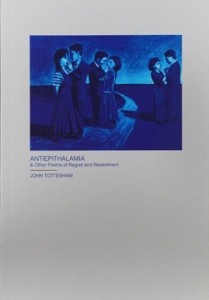 I met John Tottenham at a party hosted in an arcade in March 2012. He approached my friend and asked for a beer from the case she was carrying under her arm. “Let me have one of those,” he said in his British accent. She looked over to me, rolled her eyes and begrudgingly handed him one. “Yes, thanks,” he muttered, pivoting quickly to wander away.
I met John Tottenham at a party hosted in an arcade in March 2012. He approached my friend and asked for a beer from the case she was carrying under her arm. “Let me have one of those,” he said in his British accent. She looked over to me, rolled her eyes and begrudgingly handed him one. “Yes, thanks,” he muttered, pivoting quickly to wander away.
“What an asshole,” my friend mumbled.
I later saw him standing in a dark corner, alone, his eyes half-drawn, leaning on a pinball machine. He looked absolutely miserable. I laughed to myself. His display soothed my own misery. I had been looking for a way home since I arrived.
Six months later, John’s second collection of poetry – Antiepithalamia: And Other Poems of Regret & Resentment – was released on my press, Penny-Ante Editions.
I spoke with John via email.
***
Rebekah Weikel: Your work seems to be embraced by people who don’t normally read poetry.
John Tottenham: Which automatically dooms it to obscurity. All poetry, of course, is automatically doomed to obscurity, but to produce work that is accessible is to make it inaccessible to critics. It leaves them with nothing to do. And the critic has pulled off the outrageous feat of raising himself to the level of the artist and somehow making himself indispensable. But if there’s a direct line between poet and reader, then the critic becomes irrelevant, it could drive them out of business. Clarity is also anathema to people who are steeped in critical theory. The waters must be muddied to make them appear deeper, to give the serious readers and theoreticians something to fish for. Critical theory is a lot of fun but that’s all it is, fun: precisely what it’s supposed to not be. It’s a game for the overeducated. Nobody’s going to go there for wisdom, guidance, solace.
RW: You often write in the first person, but there’s also a contradictory quality.
JT: That’s due to the thorny issue of the unreliable narrator in poetry. It’s something one can get away with in prose – which, for example, Nabokov and Iris Murdoch do very well. But it’s difficult with poetry. People automatically assume that if you’re writing in the first person, you’re being confessional, especially if you’re addressing matters of the heart. I never sit down with the intention of writing a poem about anything or anybody in particular. The way I work is more like surgery or sculpture – a long process of accumulating notes, then chipping away, taking apart, piecing back together.
All Love is Lunacy: A Review/Interview with John Toomey
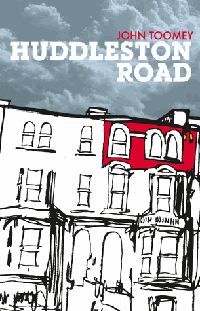 Huddleston Road
Huddleston Road
by John Toomey
Dalkey Archive Press, October 2012
160 pages / $15 Buy from Dalkey Archive or Amazon
John Toomey’s first novel Sleepwalker was an expertly cynical debut; something of a sprawling segue into Dublin as it’s then to be known to the reader and its excesses are as hilarious and compelling as they are cutting and insightful. That book is essentially what I think of as a hedonistic pipe dream put down on paper with nothing held back, with all the literary savvy of any of the contemporary masters describing chaos in the city, while retaining an originality that’s marked Toomey as an important presence in contemporary Irish literature.
His second book, Huddleston Road, is first and foremost a departure from that cynicism and mania inherent to the first. I’d argue that fans of the first book will immediately know the author’s work when they begin reading his second but the shift away stylistically is undeniable; and quite impressive. Consider, for a moment, the first books of Jay McInerney, or Bret Easton Ellis, each American authors who began with dark comedic forays into metropolitan chaos. One could argue that McInerney has grown away from this over the years but he’s always retained some of that sensibility, and the same certainly goes for Ellis, ten-fold. Although I’m a tad hesitant to draw comparisons to the first books of either of those writers (of considerably different movements than Toomey) the general point I’m hoping to make is that the writer challenged himself in starting out with such a distinctly-crafted epic as Sleepwalker, and—all the 2nd novel mythos aside—Toomey has managed to show here a different set of literary chops, while retaining the maniacal attention to detail so prevalent in the first book.
It follows a young Irishman named Vic. Vic leaves Dublin for London early on in the novel and through no real preference of his own winds up teaching history and such to teenagers. Again, through each moment, each paragraph, each sentence, the importance of this book seems to be that wild attention to detail Toomey seems to have great control over. A young man standing at a party is never simply that, but an opportunity to explore the ramifications of standing at said party and the physical details of those present and the questions running through young Vic’s mind. At times it reads as a sort of summary of this character’s thoughts and yet the vivid moments of dialogue and scene give striking reality to each moment when you find yourself so ingrained in this character’s reactions to moments that you forget the moments themselves.
Because this will also be an interview, and because I’m hardly interested in giving a moment-by-moment account of the novel’s content, I won’t delve that much deeper into the goings on in Huddleston Road except to address perhaps the most important part: Lali. Lali is a girl Vic finds himself desperately attracted to with every moment that passes. She doesn’t seem interested and even acts like a bit of an asshole at first and yet this draws Vic slightly more to her so that when he’s finally given a chance to sit and speak with her his mind is torn asunder with thoughts and worries and chaos and yet he cannot help himself. This is, I’d argue, a love story. There are moments that make it considerably different than most love stories you’ve read and will read, but all the same there are tropes at play here that make this book a fresh spin on the old magic of two people falling in love in spite of terribly difficult circumstances, and the ramifications in both of their lives as a result of this.
November 19th, 2012 / 12:00 pm

